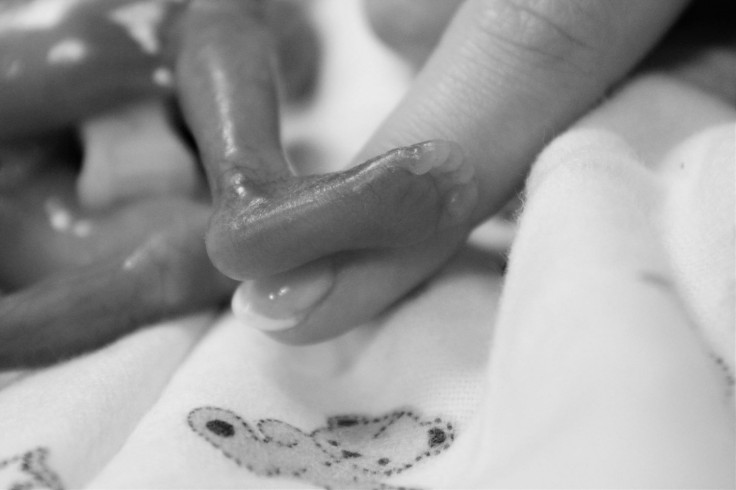
Miscarriage is when a baby dies in the womb or uterus before 20 weeks of pregnancy. For women aware of their pregnancies, approximately 10- to 15 percent of 100 pregnancies end up in miscarriage.
Most miscarriages occur in the first trimester before the 12th week of pregnancy. Most miscarriages are usually caused by a genetic abnormality that keeps the fetus from developing normally.
Many women are surprised by the intensity of emotions after a miscarriage as feelings can run from shock and sadness to irrational guilt and anxiety about future pregnancies. On the other hand, men struggle with feelings of loss and inadequacy as they are unsure how to help their partner through such a difficult period.
Women experience a roller coaster of emotion weeks after the miscarriage. Women who just had a miscarriage are going through hormonal shifts as the body readjusts to not being pregnant. A woman's changing hormones may intensify the emotion she is feeling, per Standford Children's Health.
Emotional instability and imbalance
Miscarriage grief is a real thing, but it is not often discussed. Many women who lose a baby are always told to try again and just move on with their lives; thus, the grieving process is silent and unsupported by many. Fortunately, many people are becoming more aware as time goes by that experiencing extreme grief after a miscarriage is normal, and people who miscarried need care and support.
Nancy Jo Reedy, an instructor who took nurse-midwifery education at the University of Mississippi Medical Center and a Master of Public Health from the University of Illinois in Chicago, said that miscarriage early on is like the worst period of a woman's entire life.
According to the American Pregnancy Association, about 85 percent of women who experience pregnancy loss will most likely have healthy pregnancies. For women with two or three miscarriages, the number is 75 percent, but in most cases, it is something they would not expect to happen again in the future. Reedy said that for women who have problems, there is a test that will help to avert another miscarriage, per Online Nursing.
Read Also : 5 Reasons Why Pregnant Women Get Miscarriage
Allowing oneself to feel and express emotions
According to a 2019 study, "Posttraumatic Stress, Anxiety and Depression Following Miscarriage and Ectopic Pregnancy: A Multicenter, Prospective, Cohort Study," almost a third of women who experienced early pregnancy loss met the criteria for post-traumatic stress disorder one month later, and around 18 percent nine months later.
Therefore, some women experience their bodies as traumatic sites after a miscarriage.
Men and women usually respond differently to a miscarriage. Men sometimes shift into problem-solving mode when encountering a major crisis. They may feel helpless when they can't fix or help their partner's grief. Miscommunication is a common problem during these times as a man will no longer talk about a baby if he sees his partner crying, and because he doesn't bring it up, the woman might feel her partner doesn't care when he does.
These stages of recovery are normal. Experts advise men to show how much they care and to open up and share thoughts and feelings, as this will help counter the effects of a miscarriage on a couple's relationships.
Most doctors suggest trying again after a woman has one normal menstrual cycle after the miscarriage. This usually occurs about 4 to 6 weeks after you've miscarried, per Very Well Mind.
Related Article : Miscarriage Emphathy Cards: 'Greeting Cards' By Psychologist Seek To Comfort Women, Couples Who've Had Miscarriages